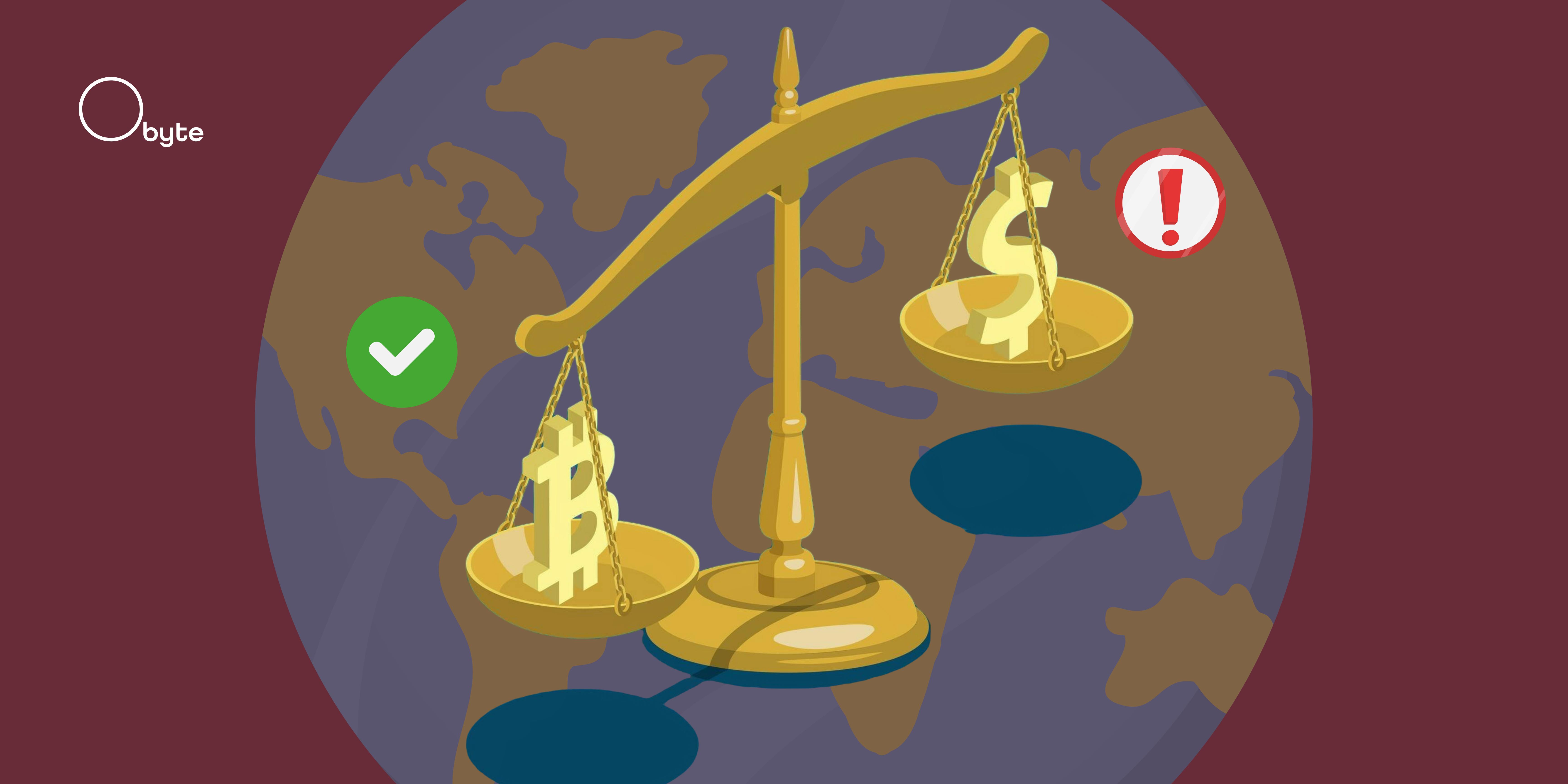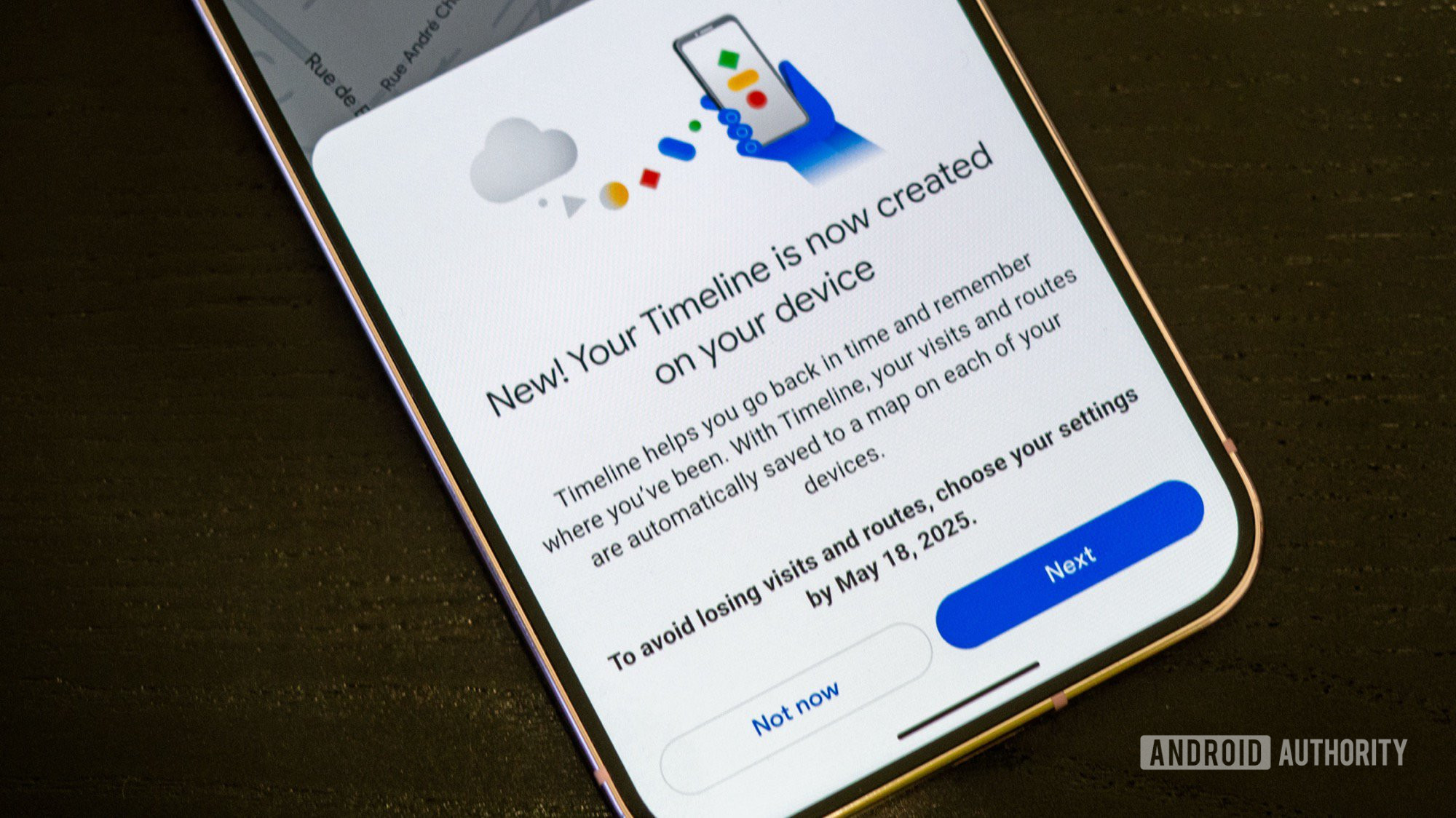In the early days of cryptocurrencies, Bitcoin was often viewed as an obscure coin designed for criminals. The darknet marketplace Silk Road brought it a lot of popularity, but also a lot of bad rep. Its decentralized nature (not issued or controlled by any government or company) was constantly misunderstood, but that wouldn’t last for much longer. Soon, other coins were created, more use cases came along, coin prices skyrocketed, millions of users joined —and regulators found themselves needing to include this asset in the laws of their countries, somehow.
That “somehow” isn’t always good. Sometimes, they create laws to ban or limit this type of money significantly. Many times, they make it legal, but what that means, in practice, varies from territory to territory.
“legal (where all activities are permitted), partial ban (where one or more activity is not permitted), and general ban (where all activity is limited).”
The practical side of those concepts is more complicated, though.
Legal isn’t Chaos
They say that all activities with crypto are permitted in countries in which it’s legal, but stop there, because terms and conditions apply. Just because crypto is legal doesn’t mean people can use it as they like without any requirements. For example, Anti-Money Laundering (AML) and Countering the Financing of Terrorism (CFT) rules require related companies (like crypto exchanges) to verify identities and report suspicious transactions. This is to prevent illegal activities like money laundering or funding criminal organizations. So, while you can buy, sell, or trade crypto, you might need to provide personal information to comply with these laws.
Businesses dealing with crypto often face even more rules. They might need special licenses to operate legally. For instance, in the European Union, the
Additionally, there’s another magical word: taxes. Depending on the country, crypto transactions
Even in countries where crypto is partially banned, taxes could apply to individual users. The “partially banned” bit often refers to how financial companies are banned from handling these assets in that region. While individual users are free to transact with crypto, licenses aren’t granted for crypto companies there, and banks can’t provide services to crypto exchanges, for example. In this case, consumer protection and AML rules for crypto are usually nonexistent.
Banned is Chaos
In countries where crypto is “fully banned”, most activities with it are forbidden. Its mere use can be punished by law, although possession alone is often not illegal. People have been arrested for crypto-related activities in places like
We just need to check the
Decentralized cryptocurrencies were built to be censorship-resistant, and, as we’ve mentioned above, they’re not issued or controlled by a central entity. That’s why they can’t get effectively banned by anyone. There’s no company to blame or expel, but a wide network of nodes worldwide that authorities just can’t shut down all at the same time. However, while the governments are unable to shut down cryptocurrency networks,
Decentralization is Freedom
Decentralization is a very positive feature, because, even in countries where crypto is banned, people might still use it for any reason –legitimate, but also illegitimate. Of course, the country might consider it illegitimate according to its own laws, but its government’s credibility and moral factors are different things. Some people rely on these assets to protect their savings from high inflation or unstable local currencies. Others use it to send money to family abroad or to protect from
If you want to do any of those things and many more, the
Featured Vector Image by sentavio /










